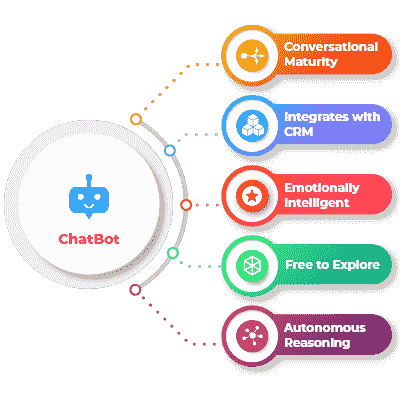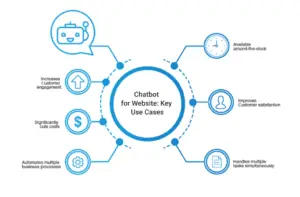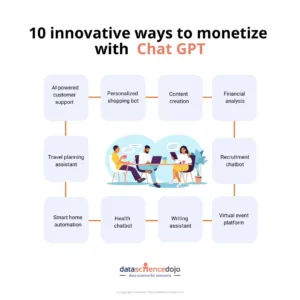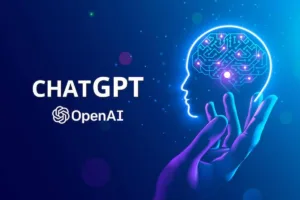Introduction
Embarking on a journey into the dynamic field of chatbot development opens doors to exciting opportunities and financial rewards. In this article, we’ll delve into the essential skills required and explore the myriad of earning possibilities for aspiring chatbot developers.
Understanding the Chatbot Landscape (H2)
The Rise of Chatbots (H3)
The increasing demand for personalized user experiences has propelled the growth of chatbots across industries.
Diverse Applications (H3)
From customer support to virtual assistants, chatbots find applications in various domains, expanding the scope for developers.

Essential Skills for Chatbot Developers (H2)
Programming Proficiency (H3)
Mastering languages like Python, JavaScript, and Ruby is fundamental for effective chatbot development.
Natural Language Processing (H3)
A deep understanding of NLP allows developers to create chatbots that comprehend and respond in a human-like manner.
Machine Learning (H3)
Incorporating ML into chatbot development enables continuous learning and improved interactions over time.
User Experience Design (H3)
Creating intuitive and user-friendly interfaces enhances the overall effectiveness of chatbots.
Platforms and Tools (H2)
Choosing the Right Platform (H3)
Selecting the appropriate platform, such as Facebook Messenger or Slack, plays a crucial role in the chatbot’s success.
Utilizing Development Tools (H3)
Tools like Dialogflow and Microsoft Bot Framework streamline the development process, making it more efficient.
Freelancing Opportunities (H2)
Online Platforms for Freelancers (H3)
Websites like Upwork and Freelancer offer a plethora of opportunities for freelance chatbot developers.
Building a Strong Portfolio (H3)
Showcasing your skills through a well-curated portfolio is essential to attract potential clients.
Corporate Employment (H2)
In-House Development Teams (H3)
Many companies are investing in in-house chatbot development teams, providing stable employment for skilled professionals.
Tech Giants and Startups (H3)
Leading tech companies and startups actively seek talented chatbot developers for innovative projects.
Creating Your Own Chatbot Business (H2)
Identifying a Niche (H3)
Finding a specific market or industry niche allows you to tailor your chatbot services and stand out.
Marketing Your Services (H3)
Effective marketing strategies, such as social media promotion and content creation, are essential for attracting clients.
Challenges and Solutions (H2)
Overcoming Development Challenges (H3)
From integration issues to user adoption, addressing challenges head-on ensures continuous improvement.
Staying Updated with Technology (H3)
The fast-paced nature of technology mandates constant learning to stay ahead in the chatbot development game.
Future Trends in Chatbot Development (H2)
AI Advancements (H3)
As AI evolves, chatbots will become even more sophisticated, presenting new opportunities for developers.
Voice-Activated Chatbots (H3)
The shift towards voice-activated chatbots opens up a new frontier, creating avenues for innovative developers.

Conclusion (H2)
Embarking on a career as a chatbot developer is a thrilling journey filled with challenges and rewards. By honing essential skills, exploring diverse opportunities, and adapting to industry trends, you can carve a successful path in this ever-evolving field.
FAQs (H2)
- What programming languages are essential for chatbot development?
- Python, JavaScript, and Ruby are widely used in chatbot development.
- How can I start freelancing as a chatbot developer?
- Create profiles on platforms like Upwork and Freelancer, and build a strong portfolio to showcase your skills.
- Are in-house chatbot development teams common in companies?
- Yes, many companies are establishing in-house teams to meet their chatbot development needs.
- What challenges do chatbot developers often face?
- Developers may encounter issues with integration, user adoption, and the need to stay updated with rapidly advancing technology.
- What is the future of chatbot development?
- The future holds promise with advancements in AI, the rise of voice-activated chatbots, and continuous innovation in the field.









Add comment